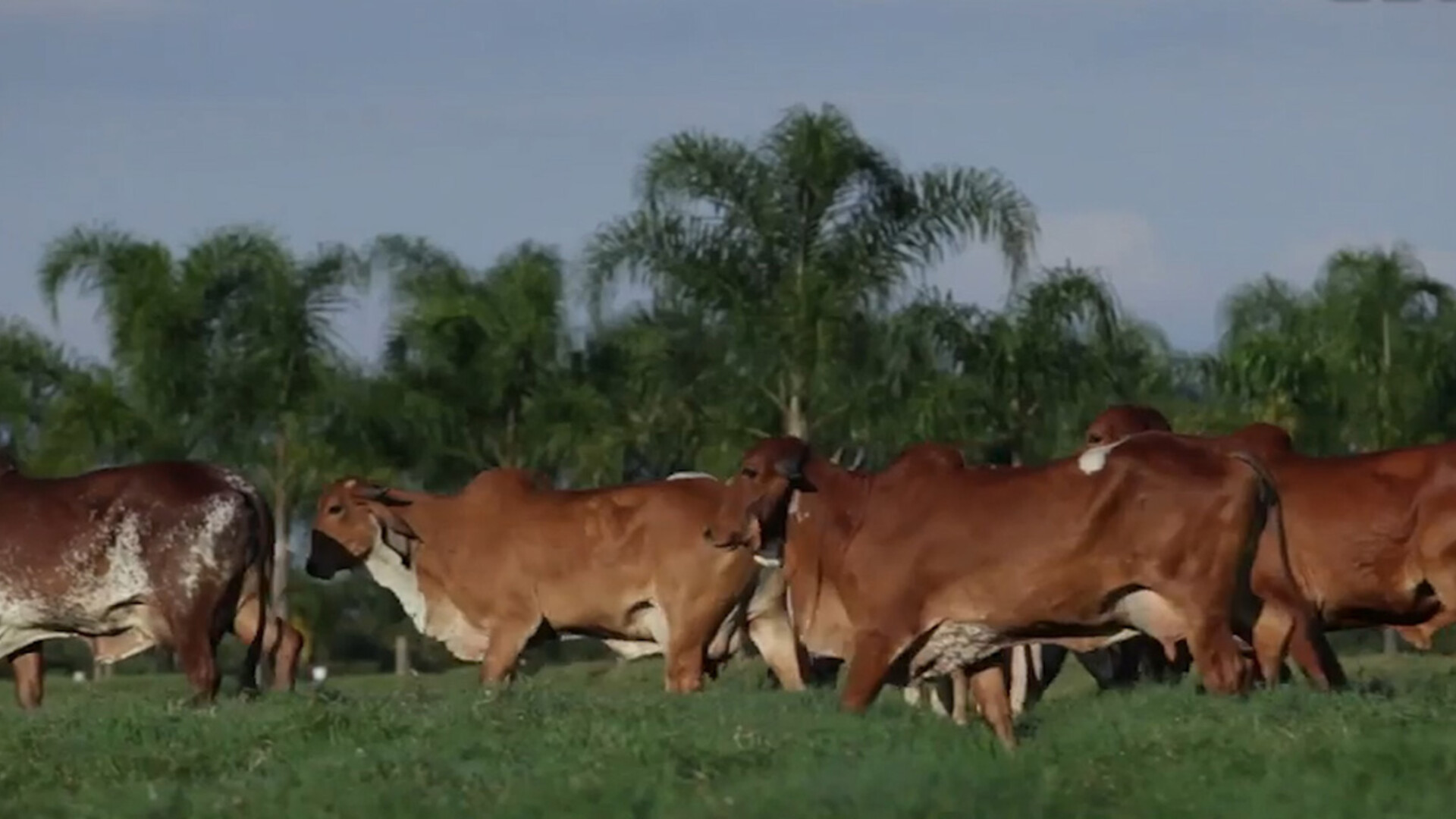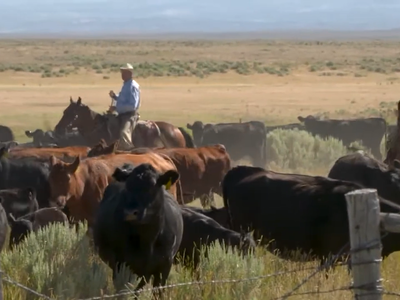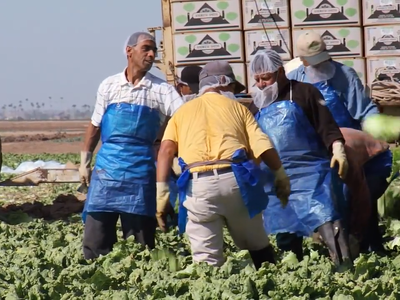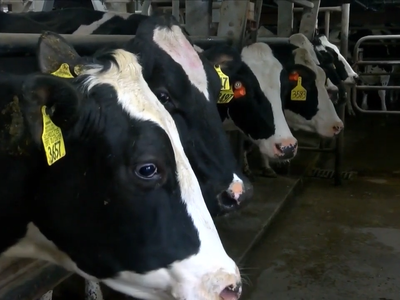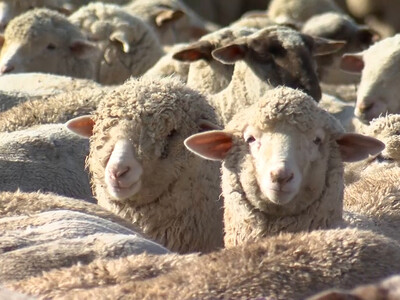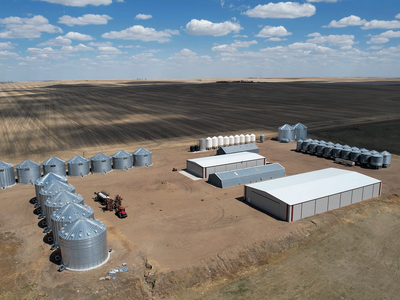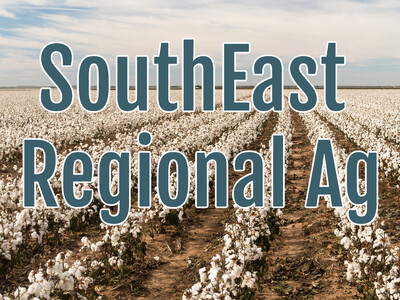Senator Jon Tester Introduces Bill to Suspend Brazilian Beef Imports Amid Safety Concerns
Following repeated issues with delayed reporting of Bovine Spongiform Encephalopathy (BSE), or Mad Cow Disease, in Brazilian beef, U.S. Senator Jon Tester today introduced legislation to suspend Brazilian beef imports to the United States until experts can conduct a systematic review of the commodity’s safety.On September 3, 2021, Brazil announced two cases of atypical BSE that were detected in June of the same year. Most countries report similar cases to the World Organization of Animal Health (OIE) immediately – with both the United Kingdom and Germany this year reporting cases to OIE within days of their occurrence earlier this year – but Brazil reported its cases more than 2 months after the fact, breaking trust with the OIE and global trading partners. This has been a routine occurrence, with Brazil also waiting months or even years to report similar cases in 2019, 2014, and 2012.
Brazil enjoys preferential market access on the global stage due to its designation as a “negligible risk” exporter by OIE. While rare, one-off instances of atypical BSE do not necessarily indicate systemic issues with the health of Brazilian cattle herds, repeated delays in reporting suggest an overly lax food safety regime and raise concerns about the reporting of additional dangerous diseases such as Foot-and-Mouth Disease, African Swine Fever, and Avian Influenza.
Tester's bill would ensure that Brazilian beef is safe to eat before it is brought back into U.S. markets by imposing a moratorium on Brazilian beef until a group of food safety and trade experts has made a recommendation regarding its import status. The legislation is supported by the U.S. Cattlemen’s Association, the National Cattlemen’s Beef Association, and R-CALF USA.
Source: Montana Senator Jon Tester


